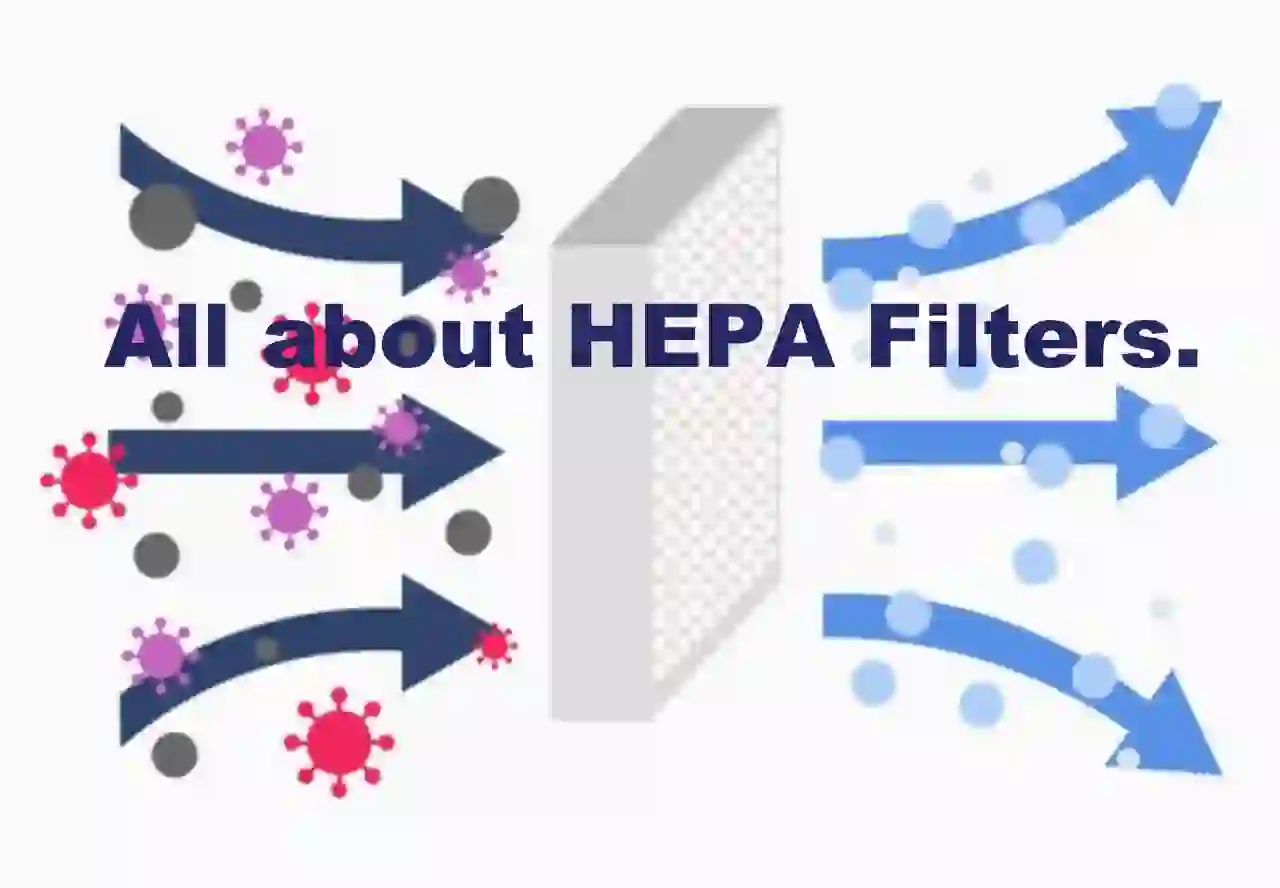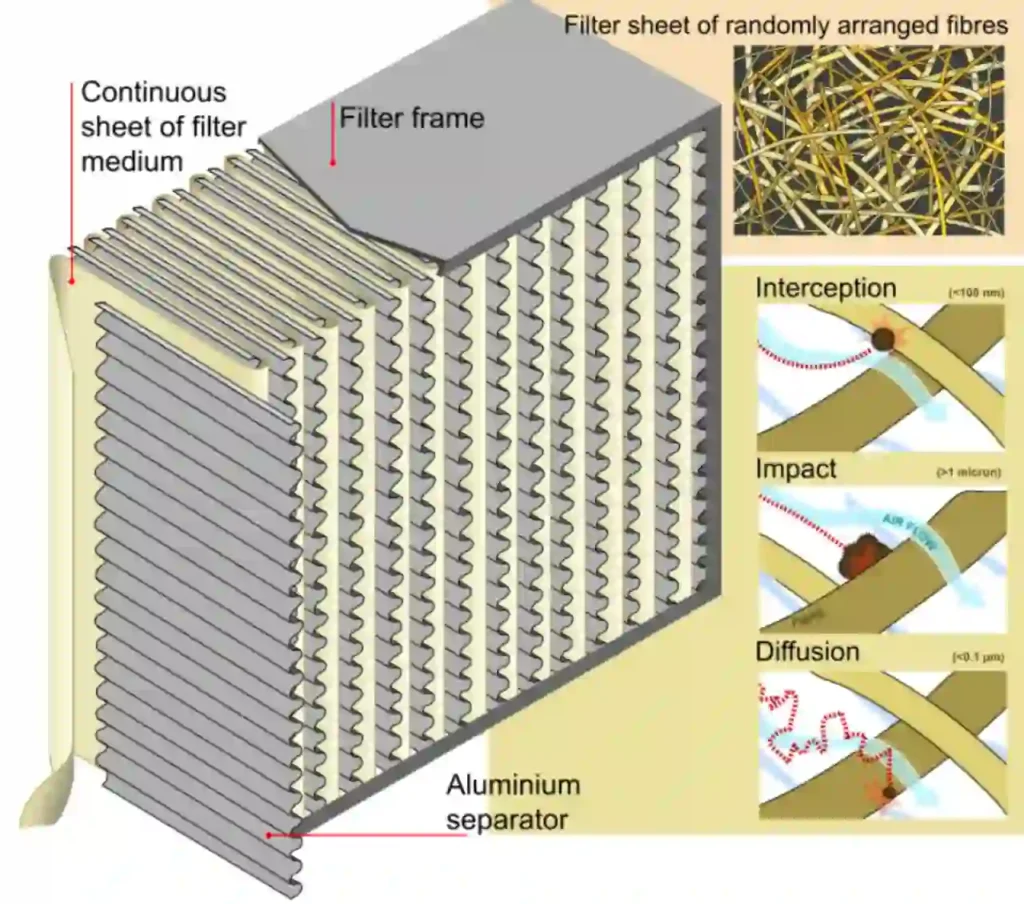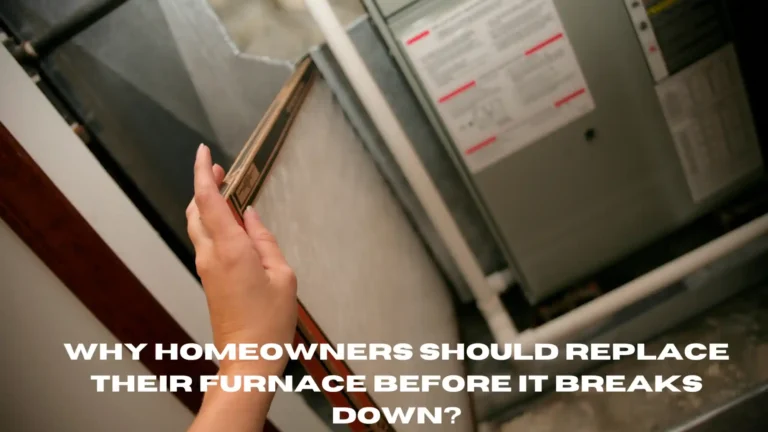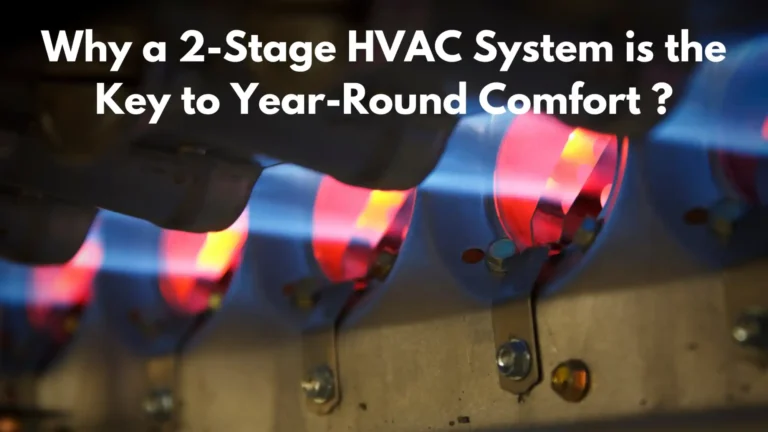Virtual appointments for canadians ONLY!
The Importance of HEPA Filters: Enhancing Air Quality and Health

In our quest for healthier living environments, HEPA filters have emerged as a powerful tool. From homes to hospitals, these filters play a crucial role in removing harmful particles from the air we breathe. Today we delve into the significance of HEPA filters and how they work to improve air quality and promote well-being.
Understanding HEPA Filters
HEPA stands for High-Efficiency Particulate Air. What sets HEPA filters apart is their ability to trap a high percentage of airborne particles that are as small as 0.3 microns in size. To put this into perspective, a single human hair is about 50-70 microns in diameter, highlighting the incredible efficiency of HEPA filtration.
Importance of HEPA Filters
Enhanced Air Quality:
HEPA filters effectively capture a wide range of pollutants, including dust, pollen, pet dander, mold spores, and even bacteria and viruses. By removing these contaminants from the air, HEPA filters contribute significantly to improving indoor air quality, which is especially crucial for individuals with allergies, asthma, or respiratory conditions.
Health Benefits:
Clean air is vital for maintaining good health. HEPA filters help reduce the risk of respiratory infections and allergic reactions by removing airborne pathogens and allergens. In environments where air quality is compromised, such as densely populated cities or areas prone to pollution, HEPA filtration can provide a layer of protection against harmful pollutants.
Allergy Relief:
Allergens like pollen, dust mites, and pet dander are common triggers for allergies. HEPA filters can effectively capture these allergenic particles, providing relief to allergy sufferers and improving their overall quality of life. By creating a healthier indoor environment, HEPA filters contribute to better sleep, reduced symptoms, and increased productivity.
Aiding Respiratory Conditions:
For individuals with asthma, chronic obstructive pulmonary disease (COPD), or other respiratory conditions, clean air is essential for managing symptoms and preventing exacerbations. HEPA filters remove irritants and pollutants from the air, reducing the likelihood of respiratory flare-ups and improving respiratory function.
How HEPA Filters Work ?

HEPA filters operate on a simple yet highly effective principle: mechanical filtration. The filter consists of a dense mat of randomly arranged fibers, typically made from fiberglass. As air passes through the filter, particles are captured by several mechanisms:
- Interception: Larger particles collide with and adhere to the fibers as they pass through the filter.
- Impaction: Medium-sized particles are unable to follow the airflow’s curved path and are forced to collide with the fibers, where they become trapped.
- Diffusion: Smaller particles, including ultrafine particles, are subject to Brownian motion, causing them to collide with and adhere to the fibers.
Combined, these mechanisms enable HEPA filters to achieve high-efficiency particle capture, effectively removing contaminants from the air and improving air quality.
Conclusion
HEPA filters are invaluable assets for maintaining clean and healthy indoor environments. Whether in homes, offices, hospitals, or industrial settings, these filters offer a reliable means of reducing airborne pollutants and promoting well-being. By investing in HEPA filtration, we prioritize our health and create spaces where we can breathe easier and live better.







